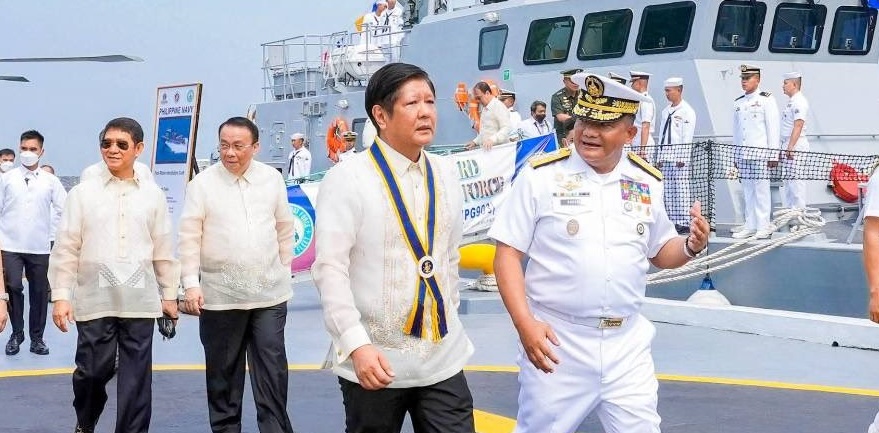Already a subscriber? Make sure to log into your account before viewing this content. You can access your account by hitting the “login” button on the top right corner. Still unable to see the content after signing in? Make sure your card on file is up-to-date.
The Philippines has indicated it would be open to cutting tariffs on certain US goods ahead of a meeting between President Donald Trump and Philippine President Ferdinand Marcos Jr.
Some shit you should know before you read: A few weeks back, the White House began sending letters to various world leaders notifying them of new tariff rates the United States intends to impose on their exports, part of President Donald Trump’s effort to recalibrate trade imbalances. In a letter to the Philippines, Trump confirmed a 20% reciprocal tariff on Philippine exports to the US, up from the previously threatened 17%, with the new rate scheduled to take effect on August 1, 2025. According to the Office of the United States Trade Representative (USTR), total goods trade between the US and the Philippines reached $23.5 billion in 2024, with the Philippines exporting $12 billion to the US and importing $8 billion in American goods. The Philippines’ top exports to the US include semiconductors, electronics, machinery, and garments, while its major imports from the US consist of agricultural products (such as wheat and meat), aircraft parts, and industrial machinery. If the 20% tariff goes into effect, the US would stand to collect roughly $2.4 billion in additional duties imposed on Filipino goods entering the US market per year.

What’s going on now: In a notable development, Filipino Finance Secretary Ralph Recto indicated that the Philippines is open to cutting tariffs on select American goods to zero as part of efforts to secure a more favorable trade deal with the United States. Speaking to reporters ahead of President Ferdinand Marcos Jr.’s official visit to Washington, Recto stated, “We’ve calculated [the impact on revenue] and given our input to Secretary Deck on what we can negotiate… it’s safe to say that we’re okay in terms of [revenue] loss.” While he did not disclose which specific US goods might be exempt from duties, Recto said that the potential concessions would have a “minimal impact” on government income.
The move comes one day before the bilateral meeting between President Marcos and President Trump. According to Assistant Foreign Secretary Raquel Solano, the Philippine delegation has been engaged in “intensive coordination” with US counterparts to reach a “mutually acceptable and mutually beneficial” agreement. Marcos himself acknowledged the stakes involved, saying, “We will see how much progress we can make when it comes to the negotiations with the United States concerning the changes that we would like to institute to alleviate the effects of a very severe tariff schedule on the Philippines.” Philippine officials are hoping the goodwill gesture of tariff reductions on American goods will help secure a lower tariff rate than those imposed on Vietnam (20%) and Indonesia (19%)—two regional peers that have already finalized trade deals with the Trump administration.
Beyond trade, defense and security will also feature prominently in the talks, driven by Manila’s growing concerns over China’s assertiveness in the South China Sea. President Marcos is expected to emphasize that strengthening the Philippine economy is not just about trade, but about enabling the country to be a more capable strategic partner to the US.







